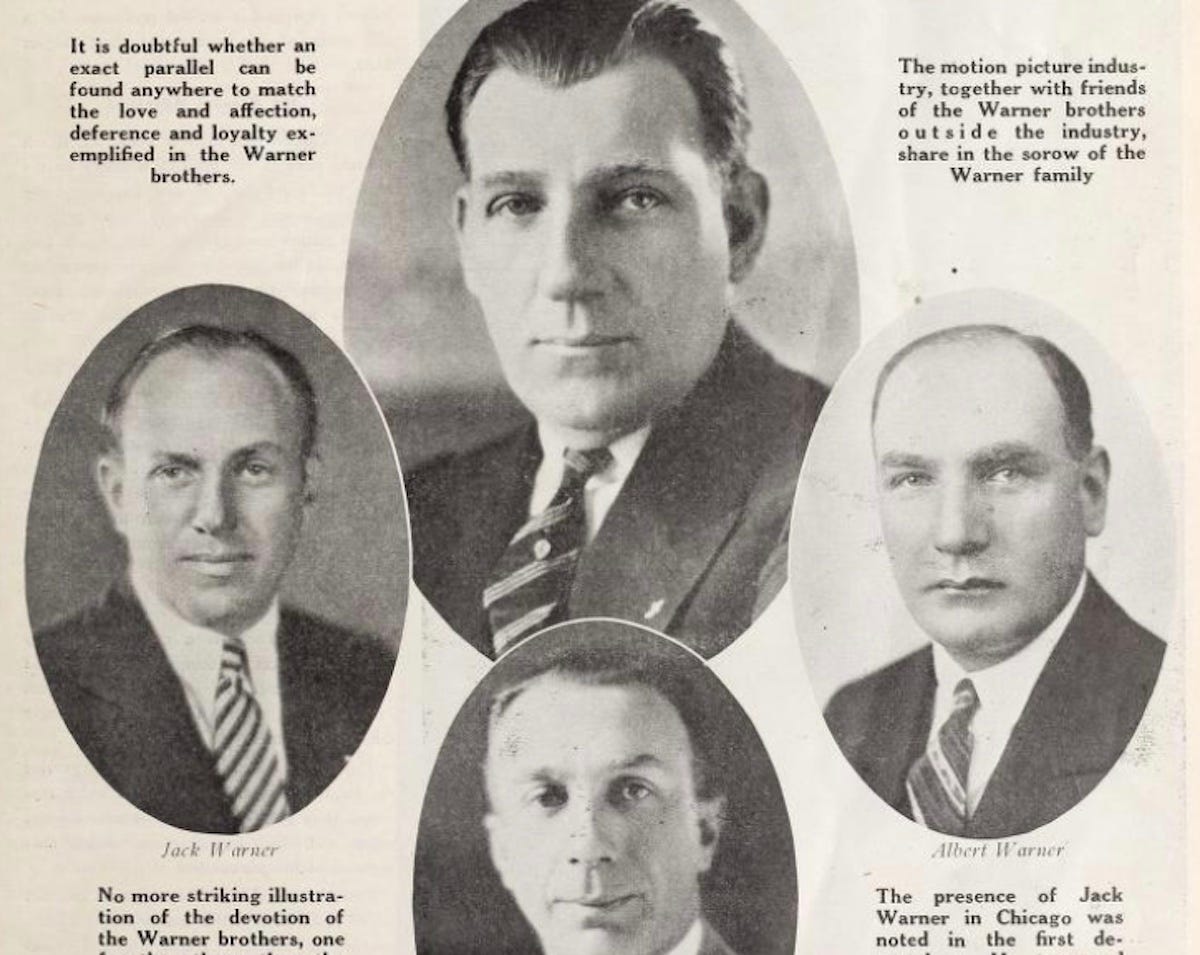
This week I’m joined by Chris Yogerst to discuss The Warner Brothers, his fascinating new look at the life of Jack, Harry, Sam, and Albert Warner, who collectively formed the Warner Bros. studio. From the technological innovations such as sound pursued by Sam, to the moral case for cinema made by Harry, to the classic mogul behavior of Jack, the journey of the brothers Warner makes for an interesting glimpse into the world of Hollywood. Amongst the topics discussed: how Warner Bros. went to war against the Nazis; labor strife in the 1940s; and the ugly breakup of the family dynasty. If you enjoyed this episode, share it with a friend!
As a little bonus interview treat: Chris mentioned an interview with Harry Warner’s longtime secretary Lois McGrew. You can watch the whole thing here.







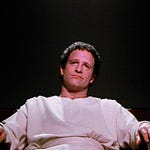
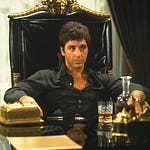



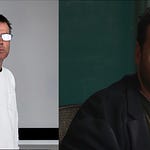
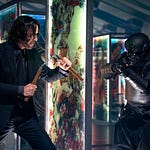
The Rise and Fall of the Brothers Warner